FREE UK Delivery £25+
FREE UK Delivery £25+
Blog
about us
account

Omega 3-6-9 vs Omega-3: Why You Should Stop Taking Omega 3-6-9 Supplements
May 02, 2018 6 min read 11 Comments
We all want to be healthy and make sure we are getting the correct nutrients. However, it's also important to get the best value for the money we invest in our supplements.
Omega-3-6-9 supplements are often found alongside Omega-3 at most health food stores and pharmacies, but are you confused by the difference between Omega-3-6-9 and Omega-3 supplements?
As the name suggests, 3-6-9 supplements are a combination of Omega 3, 6 and 9, mixed together to form an "ideal ratio" or "complete spectrum" of omega fats.
As a consumer, this may sound appealing – why buy only the one when you can get all three fatty acids for a similar price? But all is not what it seems. Here are four reasons why these mixed supplements are best avoided.
But first... what are Omegas -3 -6 & -9?
Omegas 3, 6 and 9 are fatty acids that are essential to our diets. An imbalance may contribute to an array of chronic diseases and illnesses. So let's clear up the facts on this mix before we dispel any myths.
Omegas 3, 6 and 9 are also known as alpha-linolenic acid (ALA), linoleic acid (LA) and oleic acid (OA) respectively.
Omega-3 Fatty Acids
These are polyunsaturated fats, a kind of fat your body cannot make by itself. The term "polyunsaturated" refers to the chemical structure, where "poly" means many and "unsaturated" refers to the double bonds.
These fats are a crucial part of our cell membranes, and serve many important functions such as improving heart health, eye health, brain health, infant brain development, reducing inflammation, and decreasing liver fats. (1)
Omega-6 Fatty Acids
Omega-6 fats (linoleic acid) are also polyunsaturated fatty acids, but the last double bond is six carbons from the omega end of the molecule.
Linoleic acid helps to lower "bad" cholesterol levels, raise "good" cholesterol levels, reduce the risk of heart disease, and reduce cancer risk, alongside a range of other health benefits. (2)
Omega-9 Fatty Acids
Omega-9 fatty acids (oleic acid) are monounsaturated, which means they only have one double bond, which is located nine carbons from the omega end of the fatty acid molecule.
They aren't technically essential as the body can produce Omega-9s, but consuming foods rich in this fatty acid has a range of health benefits.
Research has shown this monounsaturated fatty acid helps reduce the risk of cardiovascular diseases and strokes, as they help eliminate plaque build up in the arteries. (3)

4 Reasons to Avoid Omega 3-6-9 Supplements
1. You're Probably Already Getting Enough Omega-6 Fats
Omega-6 is an essential fat and nutrient in the diet. However, it's so common that very few people are actually deficient in it. The modern diet contains plenty of Omega-6 fats, and even people on vegetarian and vegan diets can easily get more than enough.
This fat is abundant in a variety of foods, including vegetable oils, nuts, cereals, bread, dairy, eggs and meat. Rather than deficiency, we're eating far too much Omega-6, which brings us on to the second reason to avoid 3-6-9 supplements...
2. Too Much Omega-6 Is Bad For You
If Omega-6 fatty acids are essential, then surely having lots of it is good, right? Not quite.
The human body is designed to handle a ratio of 1:1 Omega-3 fats to Omega-6 fats. However, the reality is that the average person has a ratio of closer to 1:20, meaning that we're eating up to 20 times the Omega-6 fats that the human body has evolved to process.
Linoleic acid (Omega-6) in large amounts has an inflammatory effect within the body, which isn't a good thing. Inflammatory responses within the body have been linked to a variety of common diseases (4), including:
- Cardiovascular disease
- Stroke
- Type-2 diabetes
- Obesity
- Irritable bowel syndrome
- Rheumatoid arthritis
- Certain forms of cancer
Omega-3 vs Omega-6: what's the difference?
Unlike Omega-6, Omega-3 fats have an anti-inflammatory response and help counteract the effects of cellular inflammation and defend against diseases.
However, Omega-3 and Omega-6 are very similar in chemical structure and compete for the same digestive enzymes.

This means that if we're eating 20 times more Omega-6 fats than -3, the Omega-3 fats are overwhelmed, and the anti-inflammatory benefits are lost.
So, the question is - why would we want to increase our already high Omega-6 levels by taking a mixed 3-6-9 supplement? Our money is better spent trying to rebalance the ratio and get closer to 1:1.
The best way to do this is by increasing our intake of Omega-3 fats only, whilst also decreasing the amount of Omega-6 fats we eat.
3. You Don't Need Omega-9 Fatty Acids In A Supplement
Omegas-3 and -6 are considered "essential" fatty acids because our bodies cannot make them and must, therefore, be consumed as part of our diets.
Omega-9 is not an essential fatty acid, as our bodies can make it from other nutrients. Furthermore, this fatty acid is easily found in many food sources such as olive oil, sunflower oil, avocado and soy.
So, if Omega-9 is made by the body and is common in food, what's the point of taking a supplement? Usually, Omega-9 in a supplement is nothing more than a marketing gimmick.
4. There's Not Enough Useful Omega-3
In 3-6-9 supplements, the Omega-3 fats are the most useful. They are harder to get than both Omega 6 and 9, particularly for those who don't have much oily fish in their diet.
Unfortunately, 3-6-9 supplements are often crammed with the cheaper Omega 6 and 9 oils and only very little Omega-3. Not only that, but the Omega-3 is usually in the form of ALA from seeds, which is the least useful type.
It's not very useful because the human body cannot use ALA directly. It needs to be converted into the more useful forms of DHA and EPA, which are responsible for most of the awesome health benefits of Omega-3.
So, next time you're in your local health food store, check the label of a 3-6-9 supplement. You'll probably find that the bulk of the content is made up of Omega-6, Omega-9 and Omega-3 ALA. There will be little to no DHA, which is the super useful form that we really need (we need a minimum of 250 mg of Omega-3 DHA/EPA per day).
The better option would be to take a high-quality algae-based Omega-3 supplement like Omvits Omega-3.

How Can Vegans & Vegetarians Get Omega-3-6-9?
If you're already eating a varied and balanced plant-based or vegan diet, you are most likely consuming enough Omega 6 and 9 already.
You will get these fatty acids from foods such as hemp seeds, pumpkin seeds, sunflower seeds, walnuts, soya spread and almost any type of vegetable oil.
Omega-6 is also common in many of the processed foods we eat, so you don’t need to worry about not getting enough.
However, as with meat-eaters, vegans are probably missing Omega-3 fats from their diets which are far more difficult to get than Omega-6 or -9.
The three most important Omega-3 fats are ALA (alpha-linolenic acid), DHA (docosahexaenoic acid), and EPA (eicosapentaenoic acid). (5) This is where it gets a little complicated for vegans or vegetarians…
Why Vegans & Vegetarians May Struggle To Get DHA
A plant-based diet is usually high in ALA because seeds, nuts, and oils are high in ALA.
Unfortunately, these foods contain almost no EPA or DHA, which is where most of the benefits come from. In fact, only oily fish and other types of seafood contain significant amounts of EPA and DHA.
Your body can convert some ALA into EPA and DHA, but research has shown that this is very limited and that vegans and vegetarians generally have lower levels of EPA and DHA than those following a diet with lots of oily fish. (5)
However, that doesn't mean that oily fish is the only way to get Omega-3 DHA. In fact, Omega-3 is originally created by algae in the ocean, which the fish and small crustaceans feed on. It's by feeding on this algae that fish themselves get Omega-3.
This is great news for anyone that doesn't eat much oily fish, as it means that they can get their Omega-3 directly from the algae source.
The easiest and most convenient way to add clean, plant-based DHA to your diet is by taking an algae-based Omega-3 supplement.

Summary
Most people would benefit from increasing their marine Omega-3 intake (in the form of DHA) and lowering their consumption of Omega-6 by consuming fewer processed foods and vegetable oils.
This would go a long way towards bringing their omega fats back into a healthy balance instead of taking Omega-3-6-9 supplements.
If you don't eat much oily fish, increasing your intake of high-quality Omega-3s can be a challenge. This is where Omvits algae-based supplement is a great convenient option to bring your polyunsaturated fatty acids back to a healthy balance.
References
(1) https://www.healthline.com/nutrition/omega-3-6-9-overview#omega-3
(2) https://www.rxlist.com/omega-6_fatty_acids/supplements.htm
(3) https://uccs.edu/healthcircle/sites/healthcircle/files/inline-files/Omega-3_6_and_9_Fats.pdf
11 Responses
Dr.B.Mazumder
November 08, 2022
It is an essential article. It clears all the gimmick of omega 3,6,9. This information needs to be circulated to common public for getting the most wanted information although it will not be appreciated by omega369 producer for commercial profit.
Hamzat Bukky
July 29, 2022
This is very helpful. I have used 369 1000mg for like a year now, suddenly I noticed some changes in my body and decided to stop and ever since I stopped, I regained my healthy life back. Will go for 3, no more 369. Thanks
Rashmi
April 08, 2022
Thank you for sharing an informative article. It will help me.
Nowinile
January 05, 2022
Thanks for the advice already bought them but I won’t buy them again
Derinda Cronje
June 29, 2021
Wow I’m glad I looked up on this. At my age of 65 I was also under the impression that 3 6 9 was the better one. I will definitely only use the Omega 3 once my 3 6 9 is finished. I normally give my dogs the Salmon Oil as it helps their coat. This was told to me by a Vet.
Kris
April 22, 2021
I was told by a recent intolerance test that i just need Omega 6’s. What products or supplements are available?
Shaw Morris
April 22, 2021
This is so helpful. I have been taking 3,6,9 for a long time. When I worked at a health food store many years ago taking 3,6,9 was all the rage. I never really looked into newer information. If its not broke don’t fix it theory. I am glad I did. I will change to just 3.
Gaolekwe Ndwapi
January 25, 2021
I’m grateful for this information because I was strongly convinced by my ignorance it’s important to buy the omega 3,6 9 supplement. I was heading for the store to get it. Now I’m only going to buy omega 3. Thank you very much.
MRS L J WALLACE
January 25, 2021
Thank you, this article was very interesting and informative.
David Williams
March 20, 2020
Wow… Was sold on 3-6-9… What a gimmick?
Leave a comment
Comments will be approved before showing up.
Also in The Omvits Blog

The Power of Running: How a 200 Mile Run to Wales Became a Meaningful Journey for a Great Cause
May 03, 2023 3 min read
We interviewed Andrew Thomas, who was preparing for a 200-mile marathon from London to Wales to raise funds for Maggie's Cancer. Read the article to know more about his adventure!
Subscribe
Sign up to get the latest on sales, new releases and more …
Recent Articles
-
The Power of Running: How a 200 Mile Run to Wales Became a Meaningful Journey for a Great Cause
May 03, 2023
-
Sneaky Ingredients To Watch Out For If You're Vegan
January 11, 2022
-
How To Do Veganuary If You’re On A Super Tight Budget
January 11, 2022
-
How To Satisfy Meat & Fish Cravings During Veganuary
January 11, 2022
-
Common Pitfalls Of Veganuary And How To Avoid Them
January 11, 2022
-
Simple Nutrition Advice For Veganuary And Beyond
January 11, 2022
-
Best Vegan Meat Alternatives To Try This Veganuary
January 11, 2022
-
5 Ocean Friendly Clothing Brands To Check Out This Month
June 21, 2021
-
12 Incredible Ocean Conservationists To Support This June
June 16, 2021
-
How To Do Something For World Ocean Day If You Can't Get To A Beach
June 08, 2021

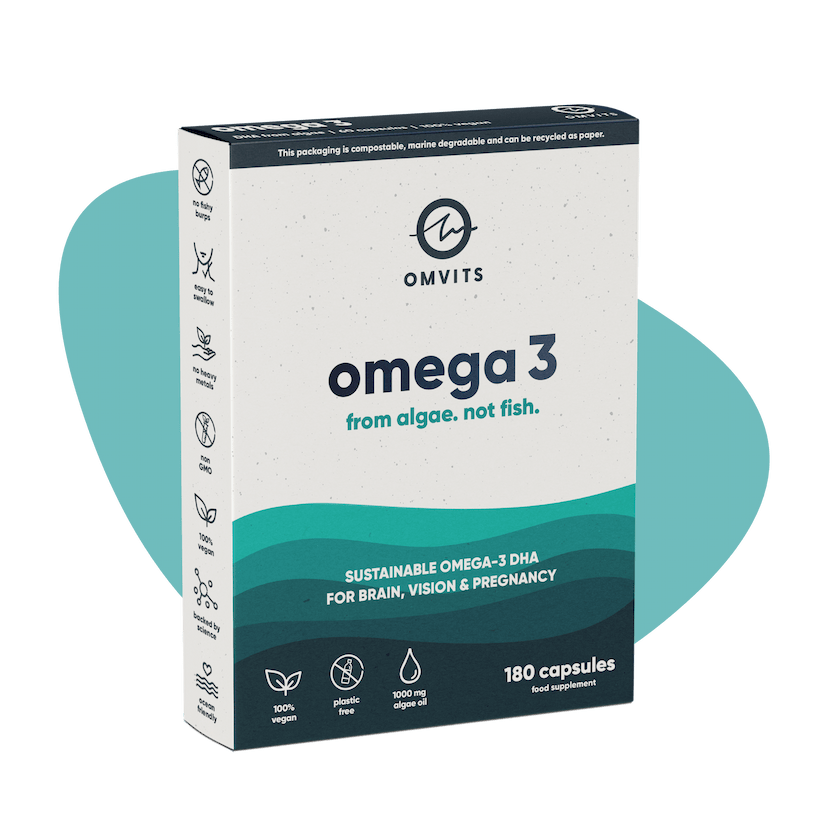
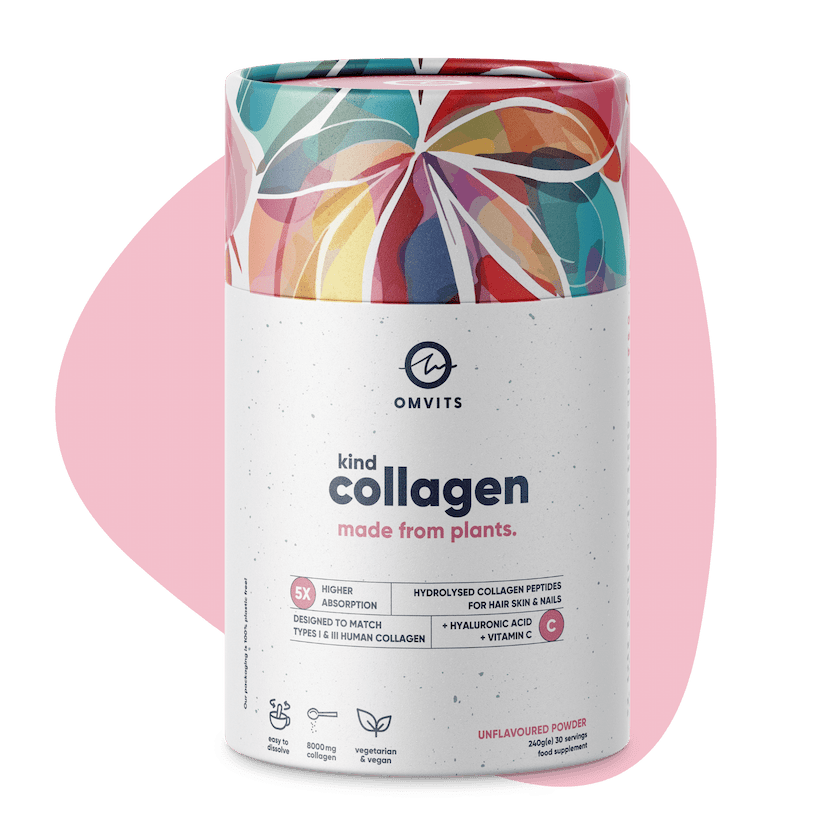
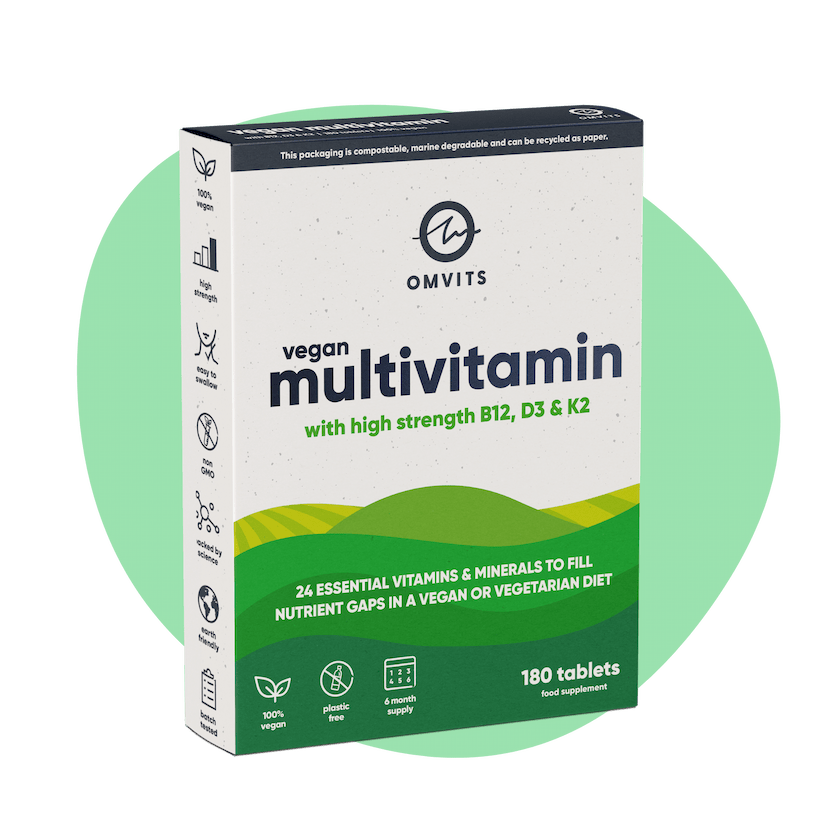
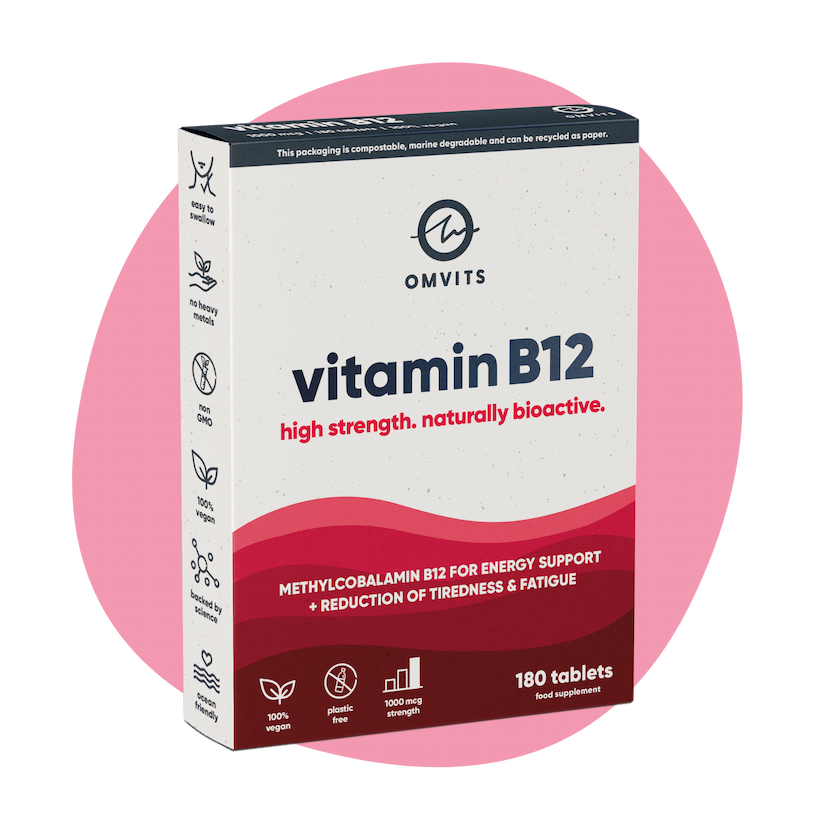
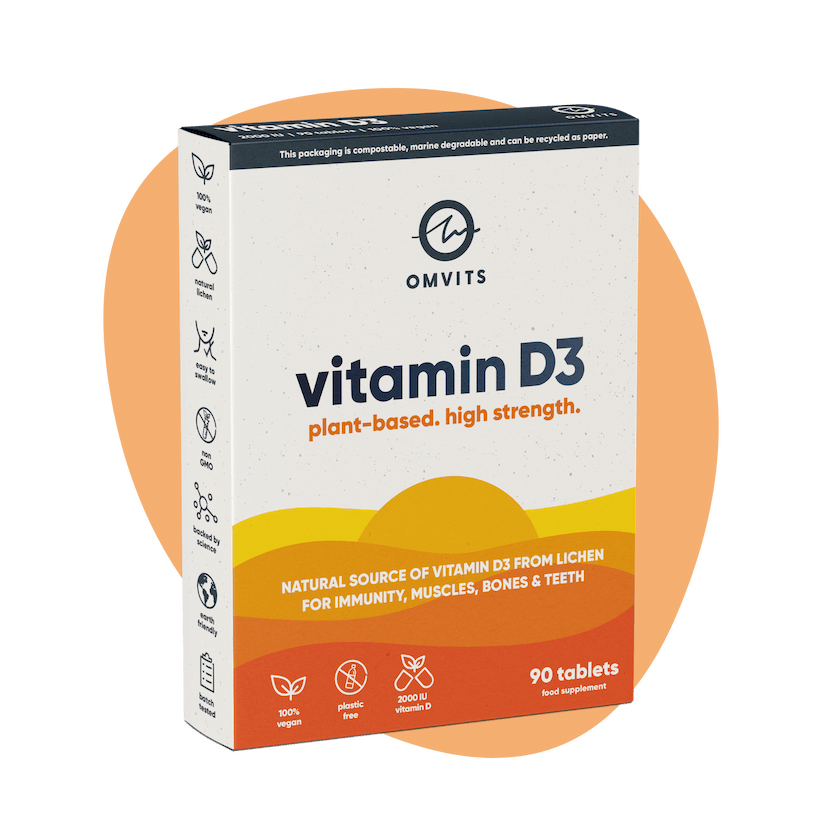


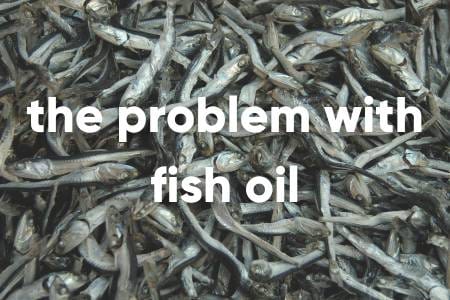
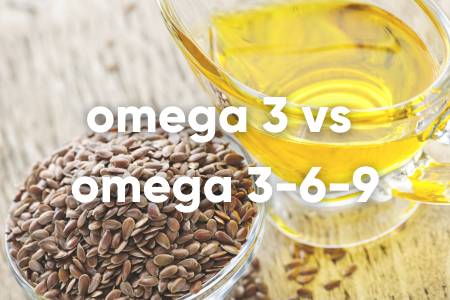






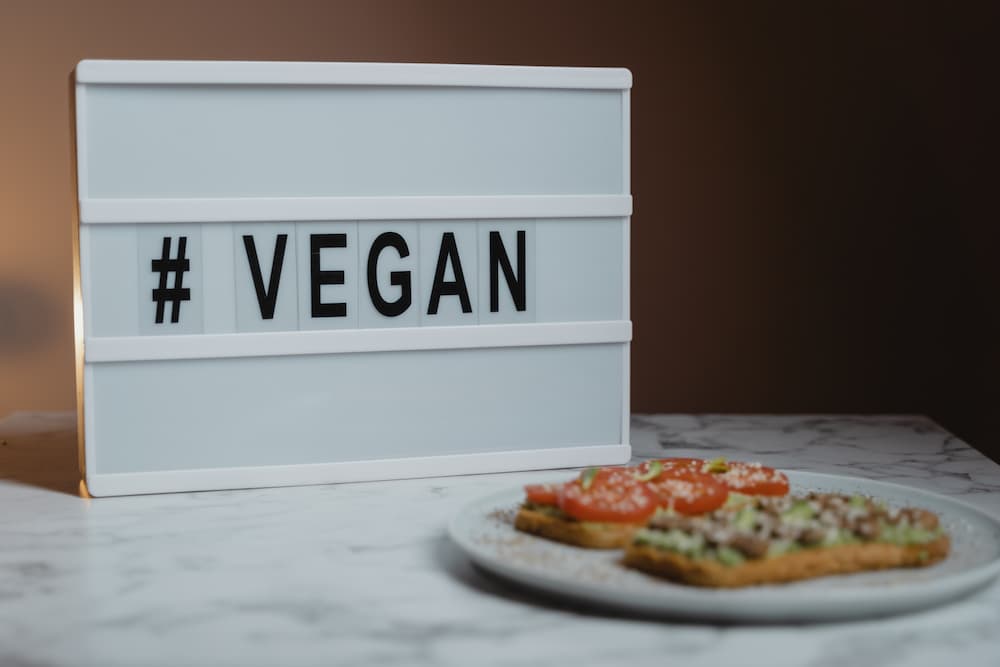

Adenuga Adeola
March 27, 2024
Thanks for this beautiful information….Now I understand better.